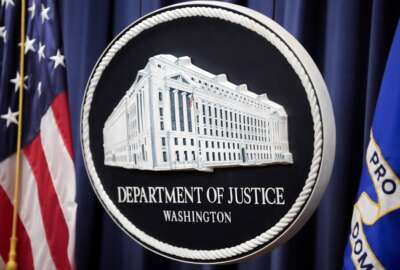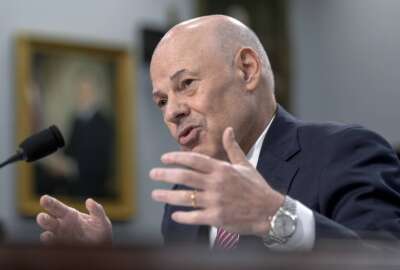IRS to boost enforcement staffing, close tax loopholes used by complex partnerships
The IRS is trying to reverse more than a decade of declining audits among the highest-income taxpayers, as well as complex partnerships and corporations.
The IRS is ramping up enforcement efforts through a combination of increased hiring and closing tax loopholes it says large, complex business partnerships are exploiting.
The agency is tapping into its multi-year modernization funds to hire tax experts from the private sector and staff up its enforcement operations.
It also released a proposed rule Monday that seeks to close tax loopholes used by large, complex partnerships to limit their tax obligations.
The IRS expects this rule, once finalized, would bring in more than $50 billion over the next decade.
IRS Commissioner Werfel said audits of complex partnerships have been “overlooked for more than a decade with our declining resources.”
“We’re concerned tax abuse is growing in this space, and it’s time to address that. So we’re building teams and adding expertise inside the agency so we can reverse these long-term compliance declines,” Werfel told reporters on Friday.
The IRS is trying to reverse more than a decade of declining audits among the highest-income taxpayers, as well as complex partnerships and corporations.
“Our lack of staffing and resources has allowed a growing number of high-income individuals, partnerships and corporations to hide behind complexity and avoid paying taxes. There is a large amount of tax revenue at stake here,” Werfel said.
The proposed rule issued Monday would modify guidance on partnership basis shifting transactions — which the Treasury Department described as “opaque business structures to inflate tax deductions and avoid taxes.”
Deputy Treasury Secretary Wally Adeyemo called the related party partnership a “shell game played by complex partnerships.”
“While depreciation is a legitimate tool used by businesses, these transactions are not tied to any economic activity or create any real economic value for the United States. Their sole purpose is to avoid tax bills by moving assets from one pocket to another and generate deductions,” Adeyemo said.
The IRS already has tens of billions of dollars in basis shifting transactions under audit.
“We need to ensure fairness in the tax system, so that hard-working taxpayers and businesses who play by the rules and pay their fair share, know that others are doing the same,” Werfel said.
The IRS Office of Chief Counsel is also creating a new associate office that will focus entirely on partnerships, S corporations, trusts and estates.
“This new office will allow the chief counsel organization to focus more directly on this complex area and provide additional attention to legal guidance and other priorities involving partnerships,” Werfel said.
This fall, Werfel said, the agency’s Large Business and International (LIB) division will establish a special working group focused on complex partnerships.
Werfel said this working group with bring in outside experts with private sector experience to work alongside current IRS employees.
“The outside experience will be critical, helping give the IRS an inside look at some of the maneuvers taking place with partnerships,” Werfel said. “Hiring this kind of expertise is an area where the IRS has not had the resources to keep pace with the rapid growth taking place with partnerships.”
Werfel said billions of dollars from the Inflation Reduction Act funding are helping the IRS recruit the experts it needs to shrink a growing tax gap.
“We are bringing new Inflation Reduction Act resources to play to beef up our compliance work and overlooked areas of concern involving high-income earners, complex partnerships and large corporations. We are continuing to accelerate our work in this area,” he said.
The IRS has launched audits on 76 of the largest partnerships with average assets over $10 billion. These include hedge funds, real estate investment partnerships, publicly traded partnerships and large law firms.
“With increased resources, the IRS can finally shift its attention to the far complex corners of the tax administration world that have been ignored for far too long. IRS work in this space is critical, with tens of billions of dollars at stake, as well as helping bringing more fairness into enforcing tax laws already on the books,” Werfel said.
Copyright © 2024 Federal News Network. All rights reserved. This website is not intended for users located within the European Economic Area.
Jory Heckman is a reporter at Federal News Network covering U.S. Postal Service, IRS, big data and technology issues.
Follow @jheckmanWFED






